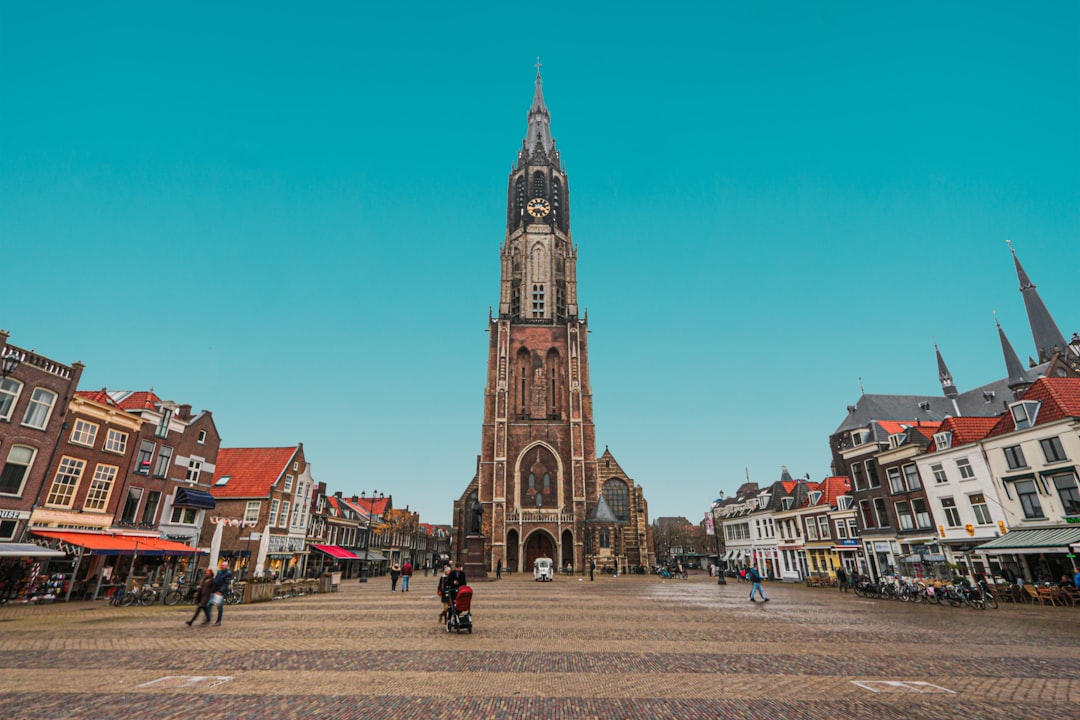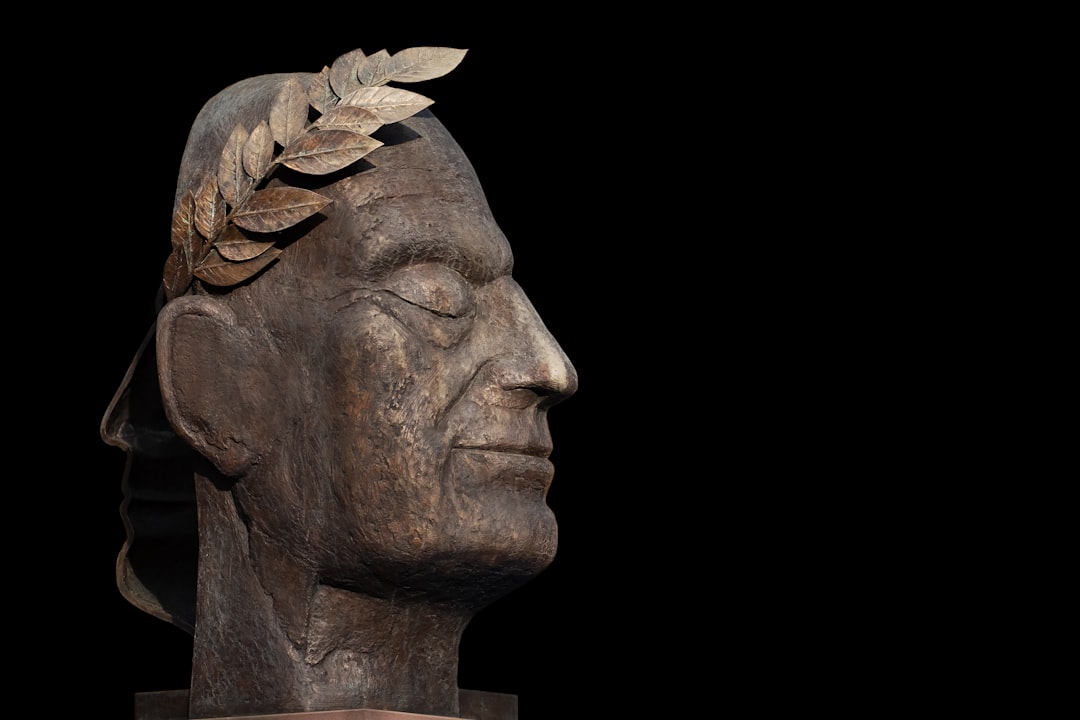What is it about?
This article is an academic work that investigates African American protests with particular interest in major movements of the civil rights and hip-hop eras. While scholars argue over the comparisons between the two eras, this work searches for underlining philosophical strands that may locate black protest as intimately cultural-theological. It considers Bourdieu’s habitus as ideological framework to understand philosophical and even more so theological dynamics of black protest. Cultural-theological conclusions inform contemporary protests of their ideological roots in philosophical underpinnings crucial to identity and more rigorous intergenerational effectiveness.
Featured Image

Photo by Sushil Nash on Unsplash
Why is it important?
This is important for two foundational reasons. The first is because contemporary critics question the value of protests. This study explains not only the cultural meaning of protests but meaning beyond culture, its theological underpinnings. Secondly, this study offers an intergenerational bridge. Previous generations do not always understand new approaches to protest. This study offers some philosophical connections. The power of protests is not only in their meaning but in their ability to convene an intergenerational group of people to advance a cause.
Perspectives
This publication is one step in unearthing philosophical and theological meaning of protests. There is much more work to be done.
Antipas Harris
Read the Original
This page is a summary of: Black Protest as Public Theology, International Journal of Public Theology, December 2022, Brill,
DOI: 10.1163/15697320-20220059.
You can read the full text:
Contributors
The following have contributed to this page










